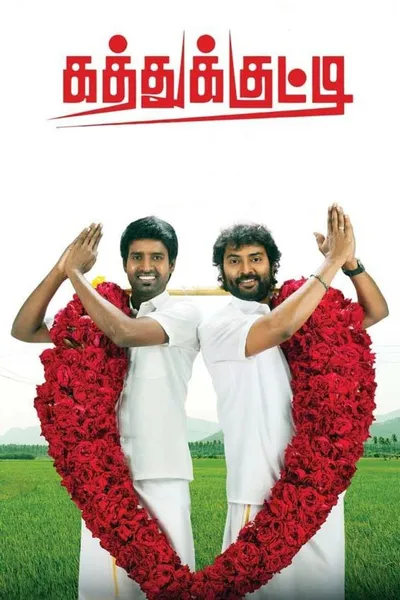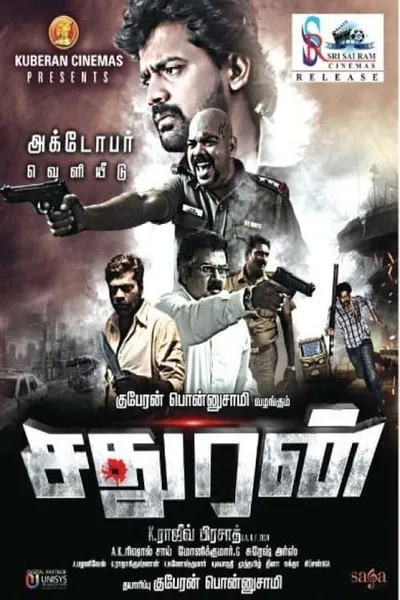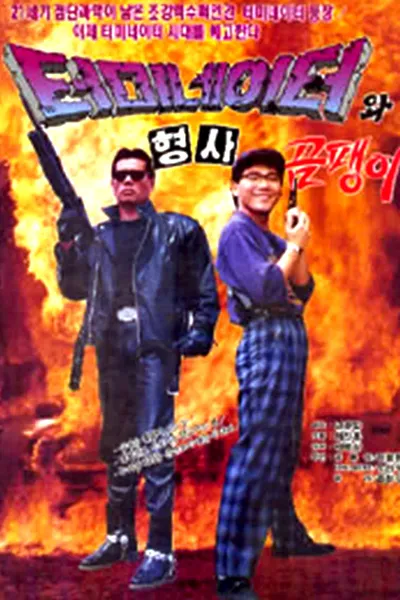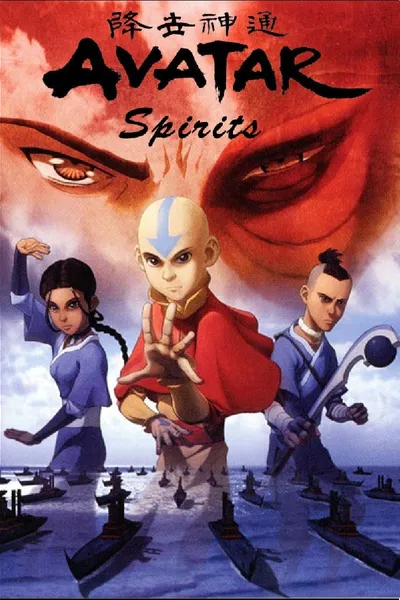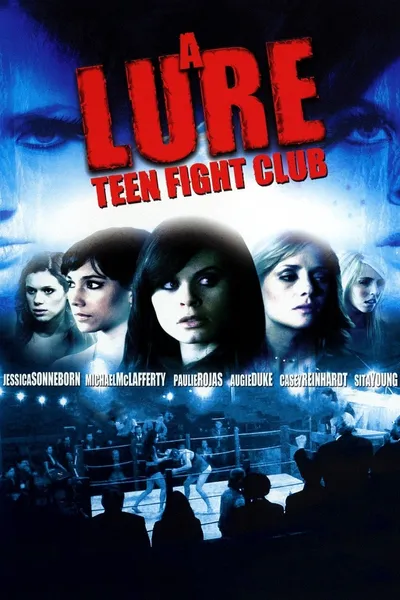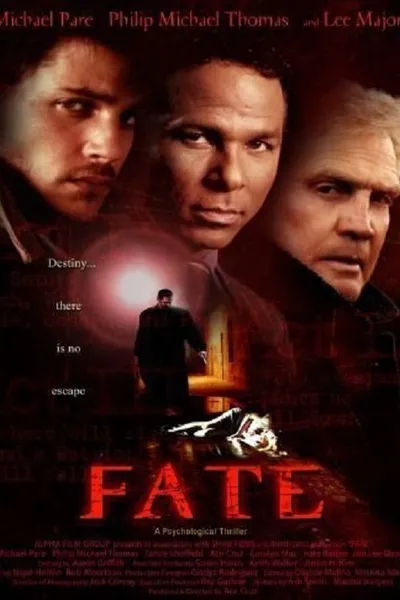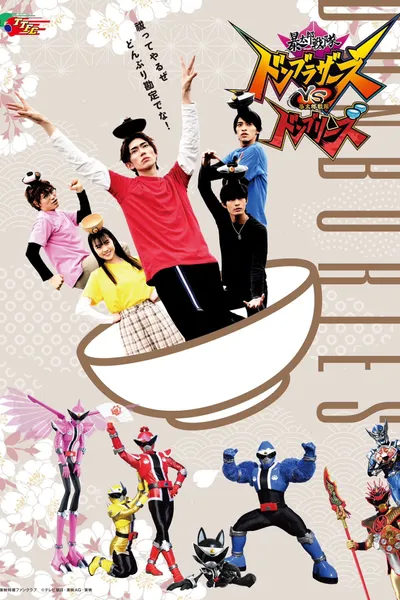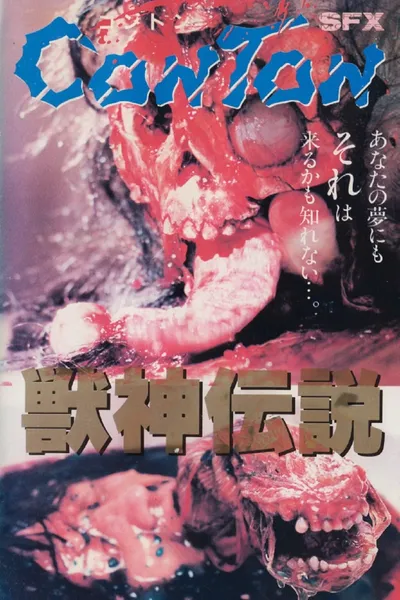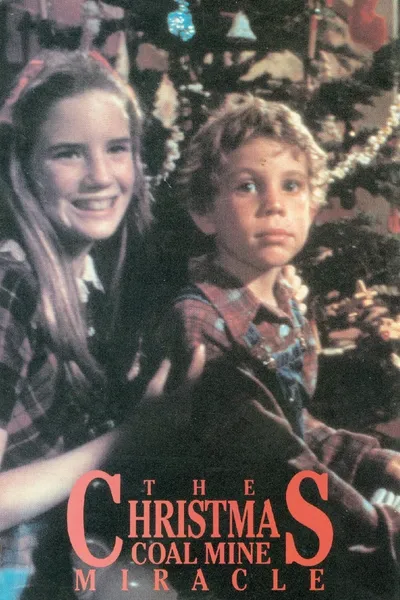Reviews
timesofindia
October 10, 20155.0
Kathukkutty marks the debut of journalist-turned-director Era Saravanan and the debutant has chosen a story that has topical relevance for his first film. Like 49-O, which released a couple of weeks ago, the film is a blatant call to empower the farmer and save our farming lands. We even get a scene where a film star is used to sell real estate.
The film begins with Arivazhagan aka Arivu (Narain, who amost manages to makes us buy him as a villager despite the accent) stopping the tahsildar from approving a methane extraction project. He is the son of local politician Santhanam (Jayaraj), who, despite his years in politics, has never been a candidate in an election (probably because he lacks the wiliness that is required to win elections). Arivu, despite his empathy towards farmers and the land, is a letdown in the eyes of Santhanam, as he is a wastrel. And much against his wishes, his party, in an effort to target youngsters, announces Arivu as the candidate for the local body elections. The rival party, too, responds by putting in a young, educated candidate, Vasanth Balakrishnan, in place of their long-time district secretary Gangadharan. Arivu sees the election as a means to take the plight of his farmers to the people of the state, but the crooked Vasanth will stop at nothing to make him lose.
Kathukkutty has the same kind of problem that we saw in 49-O. As in that film, the writing isn't sharp enough to make this a hard-hitting tale. There are times when the film seems preachy and as Soori, who plays Arivu's friend Ginger, says, there is too much "iyarkkai prachaaram" in the name of a 'message film'. And the final portions — of the election campaign and the vote counting — are underwhelming, mainly because they never bring forth the thrill that such scenes should contain. And strangely, the film turns Arivu into a passive character during this segment. During the campaign, Vasanth uses the death of a farmer and Arivu's lover, Bhuvana's father, to make him seem evil in the eyes of the public. But we never see Arivu fighting against such scheming. This might have been done to make things seem realistic (again a misjudgement as the film, until then, moves along like a regular commercial film; there is even an item song featuring Sandhya, the one-film (Kaadhal) wonder), but this kind of a film needs drama and these scenes just don't provide that.
That said, Saravanan displays competence for most part of the film, and at least knows how to keep things moving. The initial portions, when he cross-cuts between various events happening at different places with the dialogues from one shot overlapping into another, are quite interesting. And we don't mind the comedy, which, at times, feels a little juvenile. Even the romantic track is tied in nicely to the plot, though the director isn't clear on what to do with his heroine after a point. But we keep wishing there was more punch in this tale.
Recommendation Movies
Sathuran2015
Avatar2006
Korean Terminator1992
Avatar Spirits2010
Aliens vs Avatars2011
Zombie Fight Club2014
A Lure: Teen Fight Club2010
It Kills: Camp Blood 72017
Fate2003
Avataro Sentai Donbrothers vs. Avataro Sentai Donburies2023
Burning Britain: The History of UK Punk 1980-19842004
Conton1987
Christmas Miracle in Caufield, U.S.A.1977
Way Back Home2021
The Day the Sun Rose1968
The Jungle Fight2014
Rave On2025
GCW Fight Club2021
© 2025 MoovieTime. All rights reserved.Made with Nuxt
